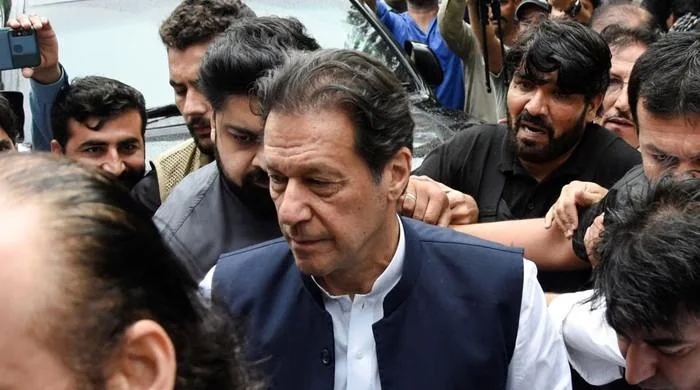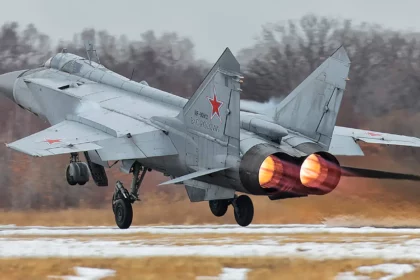The recent arrest of Pakistani politician Imran Khan, chairman of the Pakistan Tehreek-e-Insaf (PTI) party, has raised concerns about the impact on Pakistan’s already struggling economy. The South Asian nation of 220 million people is facing a severe economic crisis, with a shortage of dollars, inflation running at over 36%, and an expected International Monetary Fund (IMF) bailout that has been delayed by months.
The arrest of Imran Khan has sparked protests and unrest in major cities across Pakistan. The PTI party has called for a shutdown of the country in protest of what it calls an “illegal” arrest. The National Accountability Bureau (NAB) arrested Khan for alleged corruption, claiming that he and his wife had received land worth up to seven billion rupees ($24.70 million) from a land developer charged with money laundering by British authorities. Khan denies the charges.
The arrest of Imran Khan could exacerbate Pakistan’s already struggling economy, which has been on a downward trend for some time. Industrial activity has ground to a halt, and the central bank has raised interest rates to a record 21% to battle inflation, worsening already-high unemployment and poverty. Women and children have been killed in stampedes at food distribution centers as food inflation rises to an all-time high of 40%.
An IMF bailout program, which expires in June, has been stalled since November. Foreign exchange reserves at $4.457 billion cover barely a month’s worth of imports. Debt relief from friendly countries such as China, Saudi Arabia, and the United Arab Emirates has yet to materialize fully.
Pakistan is also in a constitutional standoff after Prime Minister Shehbaz Sharif’s government in April rejected a Supreme Court order to hold local elections in Punjab province by the middle of May. Non-compliance could result in court action against the government. The court has previously sacked two prime ministers.
Political infighting is common in Pakistan, where no prime minister has yet fulfilled a full term, and the military has ruled for nearly half of the country’s history. Imran Khan’s arrest is just the latest in a series of political crises that have plagued the country in recent years. If the crisis is not averted politically, it could prove to be the final straw that breaks the camel’s back for Pakistan’s already crippled economy.
In conclusion, Pakistan is facing a severe economic crisis, and the recent arrest of Imran Khan could exacerbate the situation. With an expected IMF bailout delayed, foreign exchange reserves running low, and inflation at an all-time high, Pakistan’s economy is on the brink of collapse. Political infighting and unrest in major cities only add to the uncertainty surrounding the country’s future. It remains to be seen how Pakistan will address these challenges, but one thing is clear: the road ahead will not be easy.




